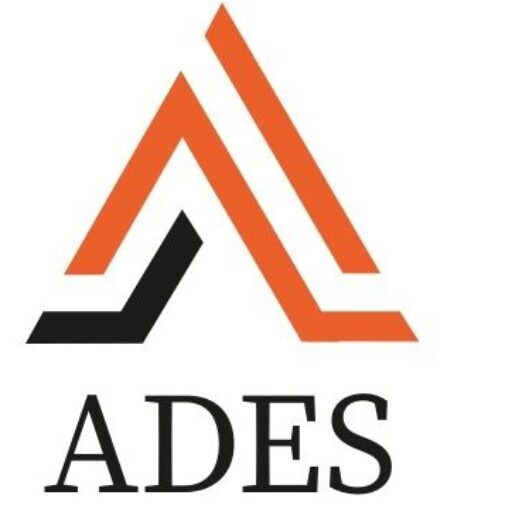SMS+: Is SMS+ P8 Monetization Making a Comeback in France?
No worries. Some operators are keeping a close eye and seem ready to do whatever it takes to stop this market from restarting.
Once abandoned by publishers, SMS+ P8 monetization is taking off again in France, thanks to a smart strategy from publishers who are leveraging technological advances to create highly user-friendly conversion journeys.
So how are certain SMS+ P8 operators reacting to this unexpected rise in revenue?
They’re drafting new ethical rules (yes, more regulations) aimed at putting an end to this revival.
After years of decline, SMS+ P8 monetization (priced at €4.50 incl. tax) is making a strong comeback in France. This resurgence is driven by innovative publishers who have reimagined their conversion flows.
Despite several challenges — from media shifts (users arrive via the web but pay via SMS) to high advertising costs and a consumer price that hasn’t changed in over 20 years — these publishers have managed to restore profitability and breathe new life into the market.
The secret? There isn’t one. It’s called Click2SMS.
As the name suggests, Click2SMS allows users to click on a tag or image that automatically fills in the recipient’s number and the SMS content.
The user then simply validates the SMS on their phone to complete the payment.
How Are SMS+ P8 Operators Reacting?
Not very well. They believe that consumers are not fully aware of their purchase action, which supposedly leads to complaints.
The conclusion seems obvious: consumers must be protected — a typically French paternalistic and infantilizing approach.
But is there a single publisher or aggregator willing to build a business that harms consumers?
Of course not.
If there’s a genuine issue, measures should be taken — but first, the problem must be quantified and verified.
That’s where ADES steps in.
The Right Approach
To quantify complaints, you first need to ensure that unhappy consumers can actually file one.
Official platforms like Signal Conso or Sur ma facture do collect such data, but the number of complaints there remains anecdotal.
That’s why ADES (through one of its founding members, Allopass) has implemented several measures:
Each MT SMS (the message sent by the publisher to the consumer) now includes an address such as 81234@allopass.com
Every email received is centralized through Zendesk, ensuring independent monitoring and transparent analysis.
All Landing Pages must include the above email address, making it easier for users to submit complaints.
And the results? Complaints are booming.
Well, not really. Despite all efforts by ADES and publishers, the average complaint rate has stabilized at 2%.For comparison, in other French payment systems, complaint rates must reach 5% before the purchase flow is strengthened.
So:
2%, despite multiple tools encouraging complaints.
5%, only after an additional “Operator Payment Page” that discourages users with “Are you really sure you want to buy?” messages.
ADES’ Core Missions
Representation – There is currently no representative body for SMS+ publishers and aggregators within AF2M. That must change. ADES should join AF2M and have voting rights on both ethical and advertising guidelines.
Rebuild dialogue – Reestablish a positive, constructive communication between Operators and Publishers/Aggregators. Both sides must understand and listen to each other.
Educate – The raw number of complaints means nothing. What matters is the complaint rate relative to total sales — a truly meaningful metric.
Develop, not bury – Work towards the growth of the industry, not its demise.
Be proactive – ADES must propose and act, not passively wait for others to make decisions.
That’s why ADES exists:
Join ADES and make your voice count!
To rebuild dialogue between operators and publishers, and to ensure that decisions are made based on facts, not assumptions.
